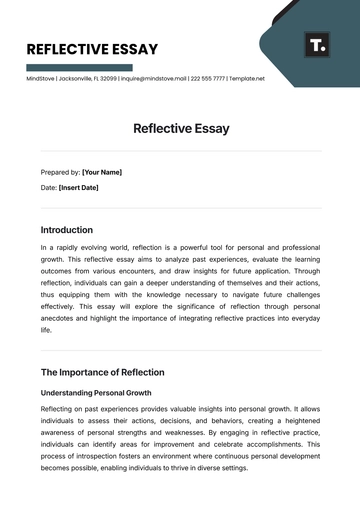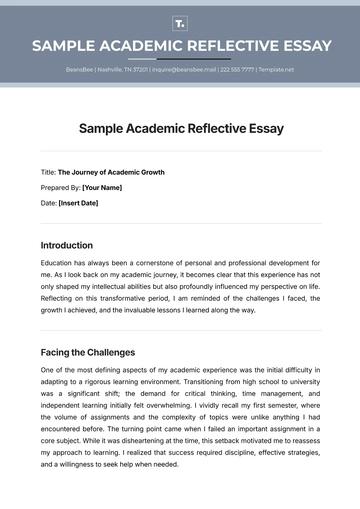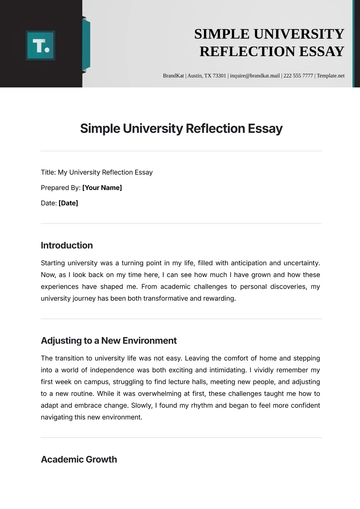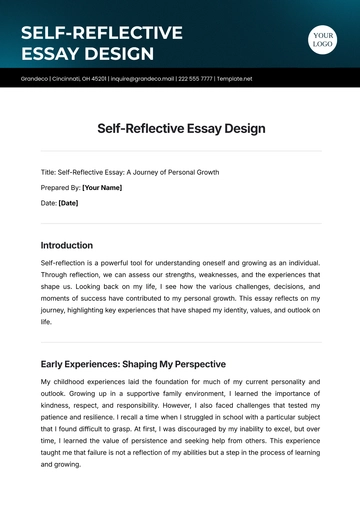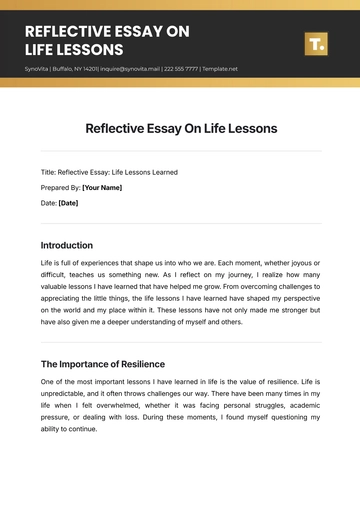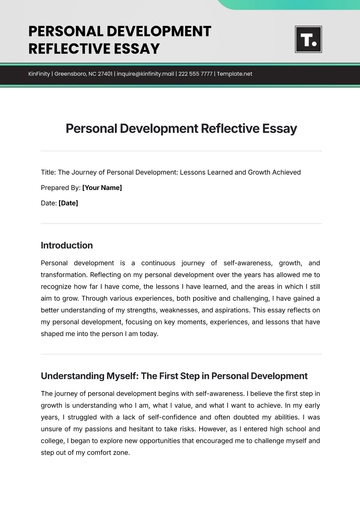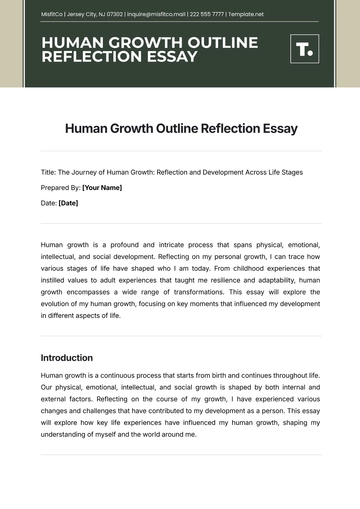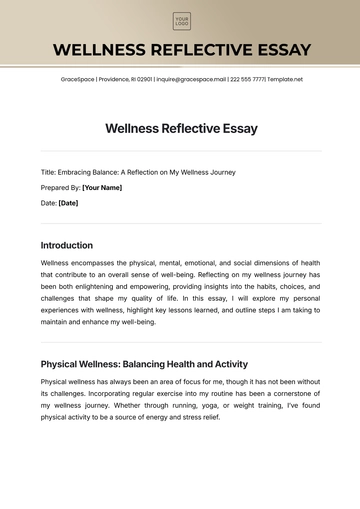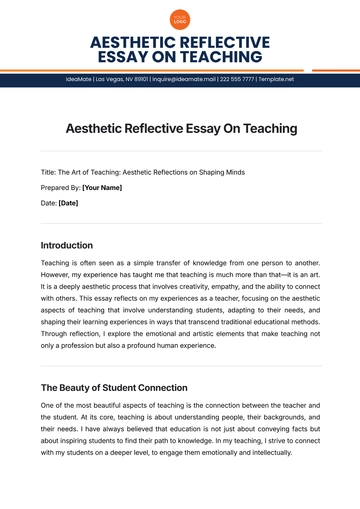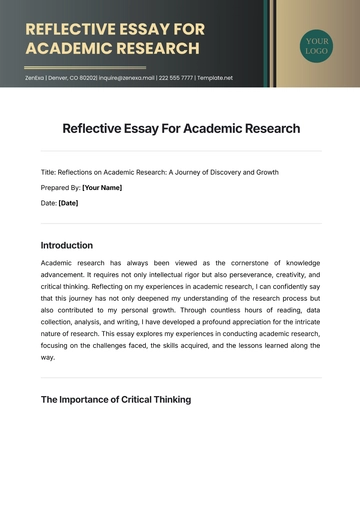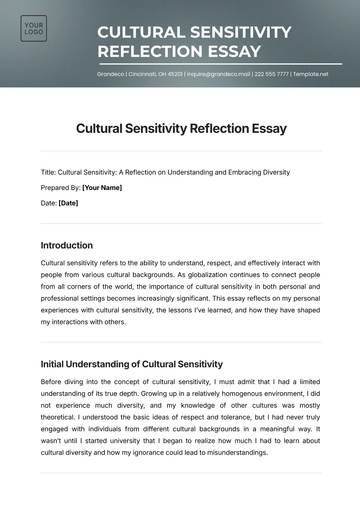Free The Beauty of Nature Descriptive Essay
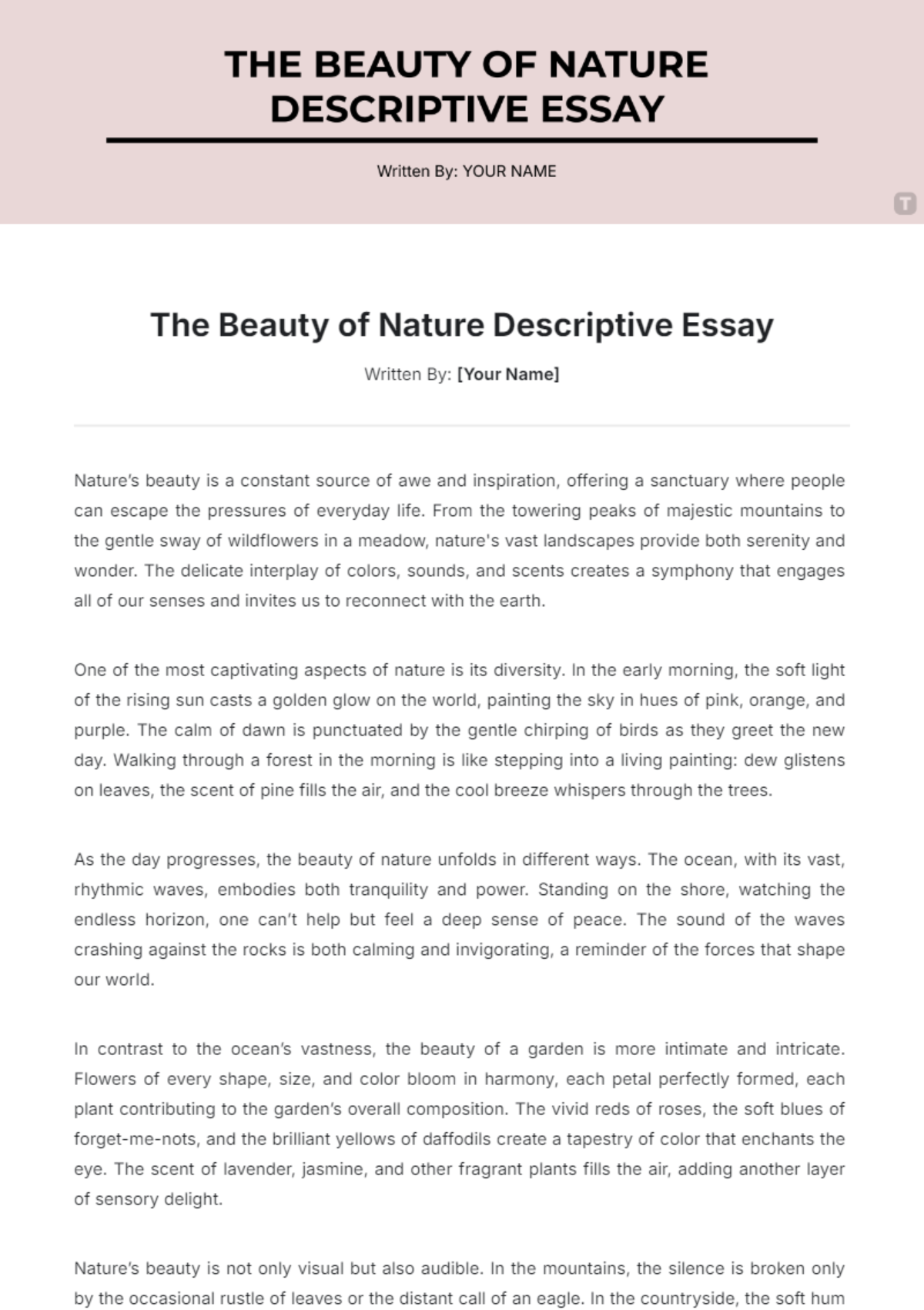
Written By: [Your Name]
Nature’s beauty is a constant source of awe and inspiration, offering a sanctuary where people can escape the pressures of everyday life. From the towering peaks of majestic mountains to the gentle sway of wildflowers in a meadow, nature's vast landscapes provide both serenity and wonder. The delicate interplay of colors, sounds, and scents creates a symphony that engages all of our senses and invites us to reconnect with the earth.
One of the most captivating aspects of nature is its diversity. In the early morning, the soft light of the rising sun casts a golden glow on the world, painting the sky in hues of pink, orange, and purple. The calm of dawn is punctuated by the gentle chirping of birds as they greet the new day. Walking through a forest in the morning is like stepping into a living painting: dew glistens on leaves, the scent of pine fills the air, and the cool breeze whispers through the trees.
As the day progresses, the beauty of nature unfolds in different ways. The ocean, with its vast, rhythmic waves, embodies both tranquility and power. Standing on the shore, watching the endless horizon, one can’t help but feel a deep sense of peace. The sound of the waves crashing against the rocks is both calming and invigorating, a reminder of the forces that shape our world.
In contrast to the ocean’s vastness, the beauty of a garden is more intimate and intricate. Flowers of every shape, size, and color bloom in harmony, each petal perfectly formed, each plant contributing to the garden’s overall composition. The vivid reds of roses, the soft blues of forget-me-nots, and the brilliant yellows of daffodils create a tapestry of color that enchants the eye. The scent of lavender, jasmine, and other fragrant plants fills the air, adding another layer of sensory delight.
Nature’s beauty is not only visual but also audible. In the mountains, the silence is broken only by the occasional rustle of leaves or the distant call of an eagle. In the countryside, the soft hum of insects and the croak of frogs are accompanied by the soothing murmur of a nearby stream. Each sound, though subtle, adds to the overall harmony, creating a natural soundtrack that is both peaceful and profound.
Yet, perhaps one of the most remarkable features of nature is its ability to evoke emotion. Standing on a mountain peak, surrounded by nothing but the vast expanse of sky and land, can make one feel both insignificant and deeply connected to the world. In a quiet forest glade, the stillness and solitude encourage introspection and calm. Even a simple walk in the park can be a reminder of the beauty that exists in the world, a reminder to slow down and appreciate the small wonders around us.
In conclusion, nature’s beauty is multifaceted and ever-present, a constant reminder of the earth’s grandeur and fragility. Whether it is the majesty of a mountain range, the serenity of a forest, or the vibrant colors of a sunset, nature offers endless opportunities for reflection, inspiration, and peace. To appreciate the beauty of nature is to recognize the interconnectedness of all living things, and to understand the importance of preserving it for future generations.
- 100% Customizable, free editor
- Access 1 Million+ Templates, photo’s & graphics
- Download or share as a template
- Click and replace photos, graphics, text, backgrounds
- Resize, crop, AI write & more
- Access advanced editor
Capture the wonder of the outdoors with Template.net’s The Beauty of Nature Descriptive Essay Template. This editable and customizable template helps you describe the sights, sounds, and emotions of natural landscapes. Editable in our AI Editor Tool, it’s ideal for students and nature lovers. Customize the template for a vivid, expressive essay that brings the beauty of nature to life.
